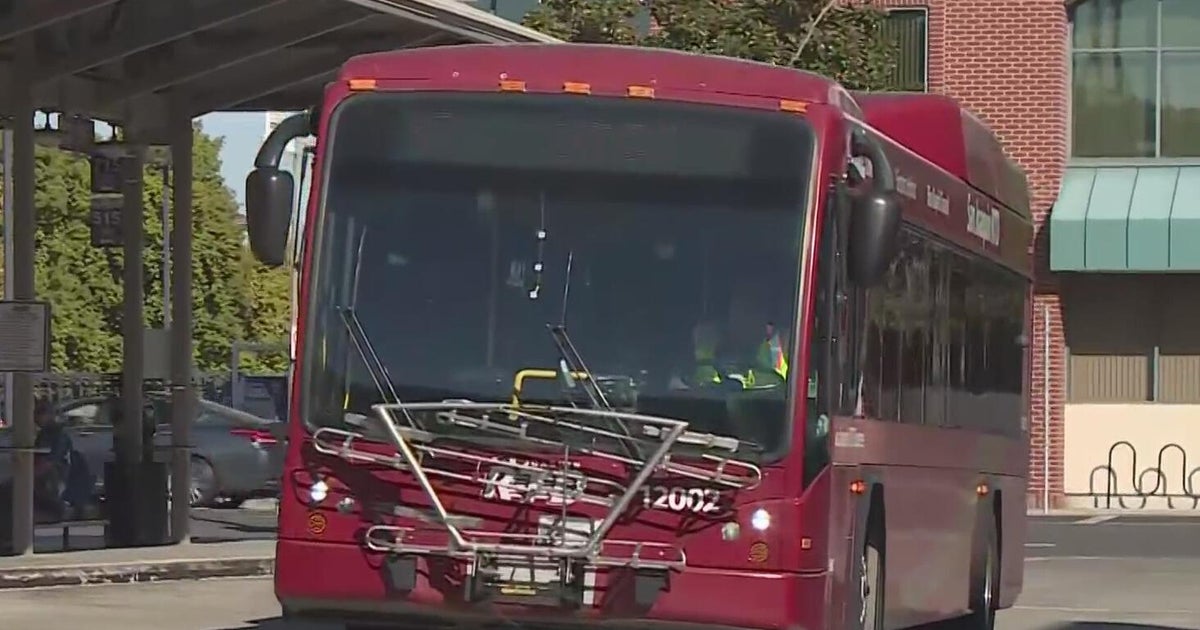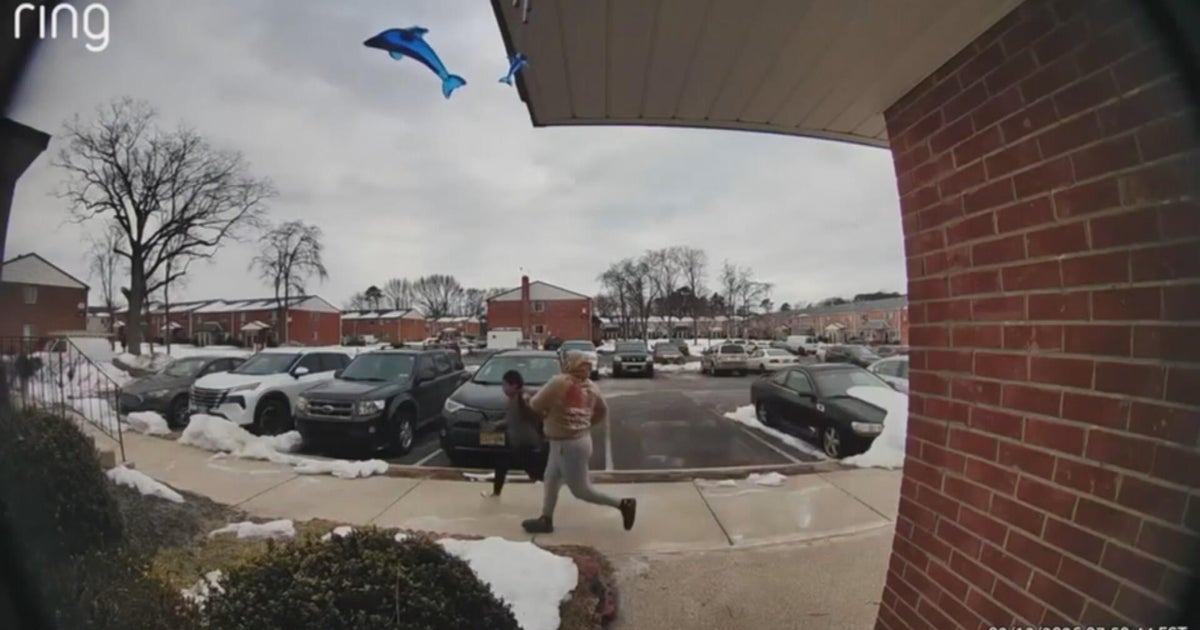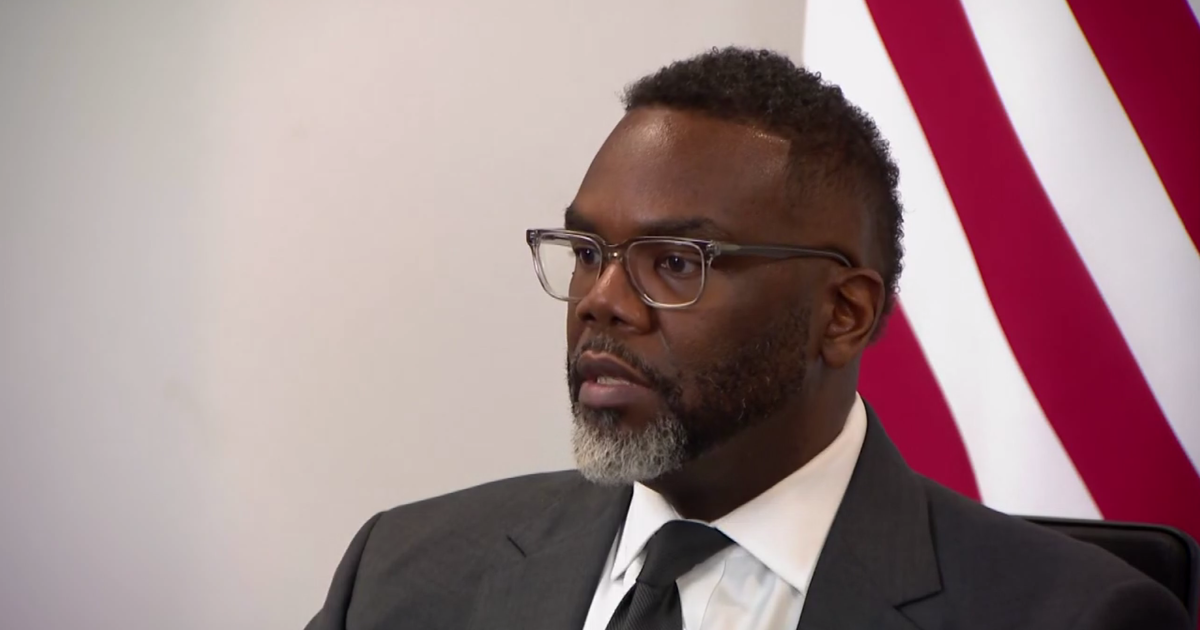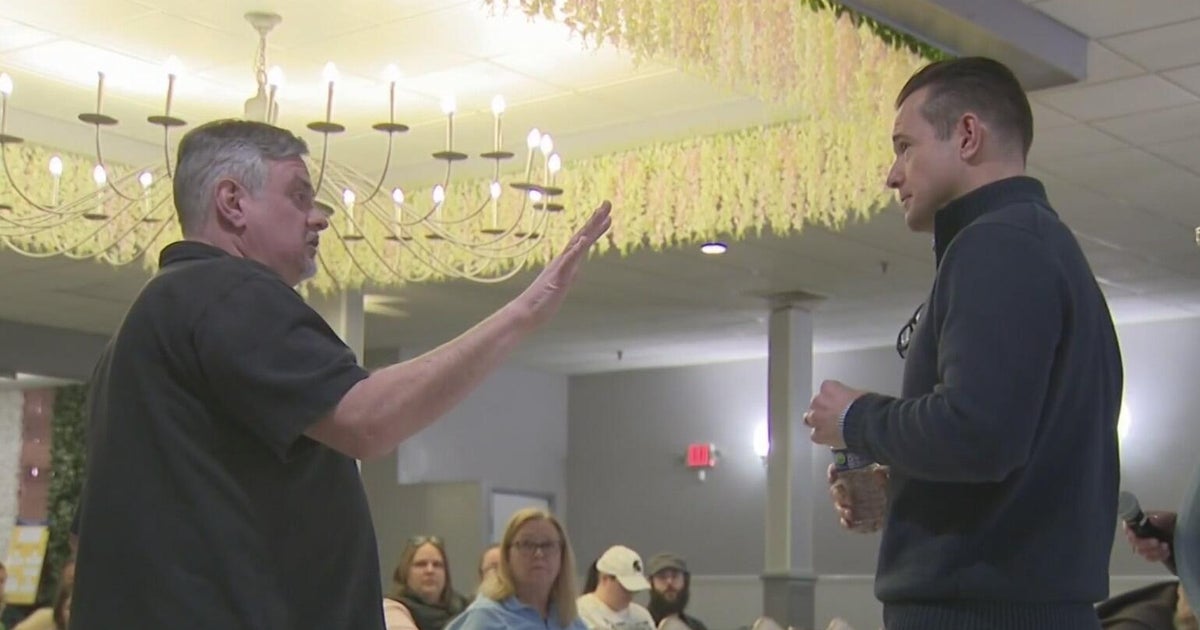Task force evaluating Met Council's governing structure will send 6 recommendations to legislature
ST. PAUL, Minn. — A task force assigned to evaluate reforms to the Met Council — the 17-member panel appointed by the governor that oversees regional planning and services in the Twin Cities metro area — agreed on Wednesday to send six different proposals for lawmakers to consider, but stopped short of endorsing any one idea.
Changing the Met Council from an appointed to a directly elected body and overhauling the council by splitting it into two agencies — one responsible for regional development and another charged solely with leading construction and operation of transit — are among the recommendations.
Lawmakers last year established the Metropolitan Governance Task Force to study the ways the council's structure could change in pursuit of more transparency and accountability to the public, as criticism mounted over its oversight of the nearly $2.9 billion Southwest Light Rail transit project which faces cost overruns and delays.
The council has some taxing authority and in addition to transit provides essential services and infrastructure, like regional parks, affordable housing, and wastewater treatment.
"Now that we have a report, my colleagues will be able to digest it and come up with their ideas and we'll hear them," said Rep. Frank Hornstein, a Democrat from Minneapolis who chairs the task force.
Over six months, the panel heard from similar planning agencies in other states and residents of the seven-county region the council serves to inform that work. During its second-to-last meeting on Wednesday to compile a report to send to the legislature by February 1, members debated the many ideas on the table and showcased the deep divide among them over what option is the best approach.
"We do have consensus that this entity, the Met Council needs to be fixed. And so with that, I think it's a good launching point for the legislature to examine the work that we've done and really come up with some solutions," Hornstein told WCCO. "And I think it probably will be a blend of these ideas."
A spokesman for the Met Council in an email said the council would not comment on the process or the recommendations because it's ultimately up to the legislature to decide its future.
Task force member Karla Bingham, who is a Washington County commissioner, called it a "disservice" to send a report with as many options as the panel agreed to include.
"We're just going to put everything in a stew and let it simmer. And I believe punting this to the legislature from a governance perspective is not giving clarity to them," she said.
The proposals range from overhauling the Met Council to more incremental changes:
Directly elected
Under this model, there would be non-partisan races for a four-year term to serve on the Met Council. It would be a full-time, salaried position with the same responsibilities as the current structure. Current council members are part-time and get a stipend of $20,000 per year.
Two organizations
One proposal would split the met Council into a council of governments made up of mayors, county board and township chairs appointed by the governor and a "special district"—an independent unit of government providing a service not offered by an existing unit of government—whose members would be elected. The former would focus on planning and coordination and the region and the latter would have the sole function or building and operating a metro-wide transit system.
Another proposal from Sen. Scott Dibble, the chair of the transportation committee in the Senate and one of the loudest critics of the Met Council, would similarly divide the Met Council into two bodies: one would be a "Regional Civic Council" where 16 of the 19 members would be elected to staggered terms in a full-time role. The other would be a "Local Government Council" made up of local officials chosen by their respective counties or cities to serve. This council would evaluate the services provided by the regional council and could some if its major actions.
All local elected officials
In the "Council of Governments" model, there would be 40 members. Seven seats would represent each county and members must be a current county commissioner. The remaining 33 would consist of elected officials from cities or townships.
A tweaked version of this idea would allow the governor to appoint some members to the council.
Public comment and changes to nominations
This plan doesn't change the structure or include elections for the positions as the other proposals do. James Hovland, mayor of Edina, suggested that four-year terms are staggered and change the nominating committees for each district—which select finalists to present to the governor—so that they include more local elected officials. His proposal would also require a public comment period once there are nominations "to increase transparency in how members of the Metropolitan Council are selected."
Editor's note: A version of this story that aired on TV incorrectly stated the Southwest Light Rail project is nearly $3 billion over budget. That figure represents the total cost of the project, not the cost overruns.








